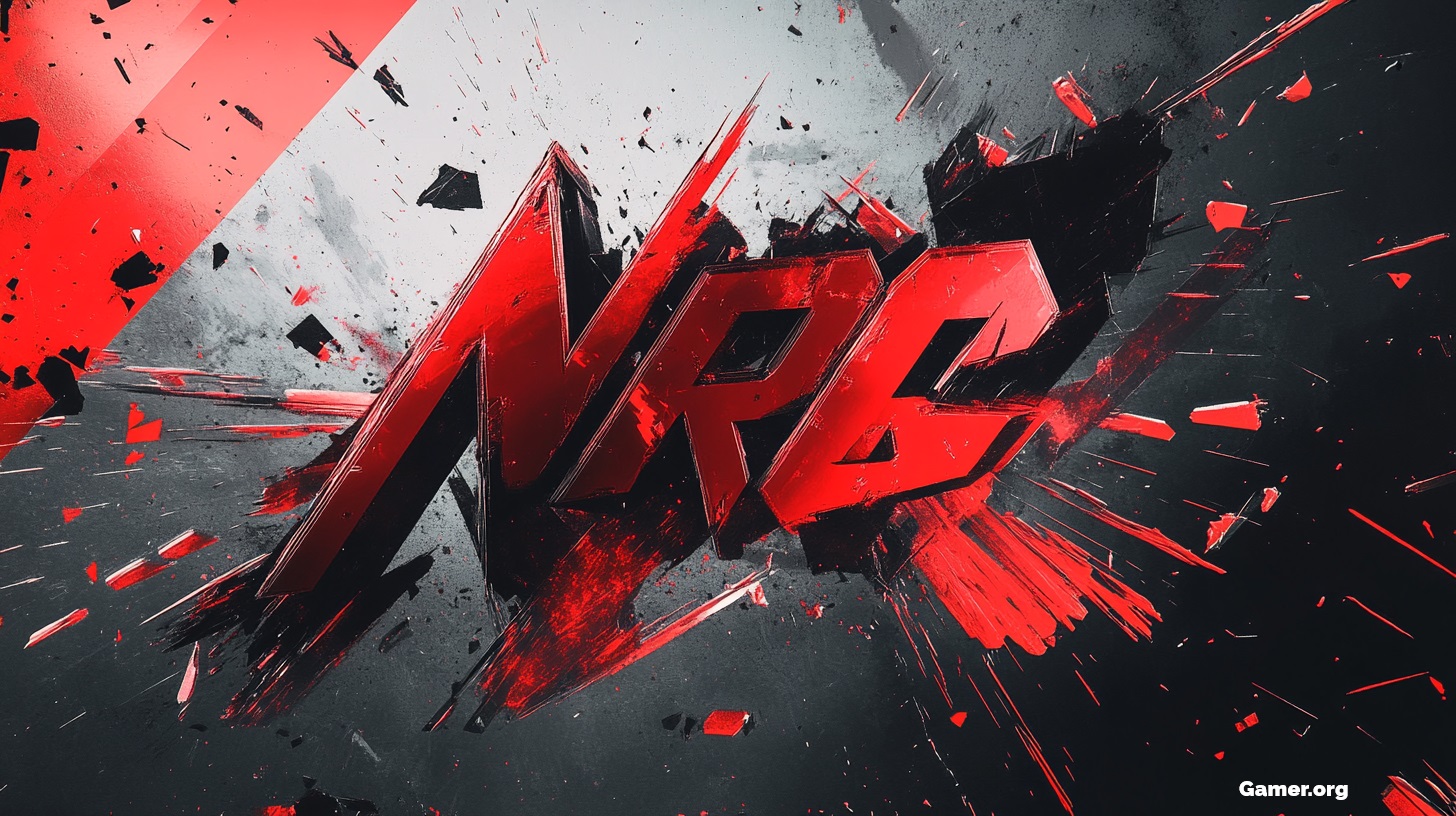The Risks of Force Buying: NRG’s Costly Mistake Against KRÜ

NRG adopted a unique eco-round strategy in their match against KRÜ, beginning with a loss in the pistol round. Despite strong utility usage, their positioning was compromised, and the team could not capitalize on their initial plays. The loss set up an unconventional sequence of rounds that exposed a counter to the eco-round strategy.
The Decision to Force Buy in Round Two
Typically, teams avoid investing heavily in the second round after losing the pistol, opting for an economical approach with Classics. However, NRG chose to force-buy, equipping themselves with Stingers and a full shield for s0m. The rationale behind this decision was to counter KRÜ’s mixed buy of Guardians, Bulldogs, and a Spectre. Despite the investment, NRG could not secure the round, exposing the risks of such a strategy.
After losing the force-buy, teams generally opt for light purchases, such as Sheriff buys across the board. However, NRG instead went for a deep save, investing minimally in the third round. This decision led to a situation where players had excessive credits in the following rounds. If they had gone for a more traditional Sheriff force, they might have had a better chance at contesting KRÜ’s mixed buy. Their economy management raised questions, as the team ensured they had a full buy in round four but at the cost of potential opportunities earlier in the game.
The Misstep Against the Outlaw
A crucial oversight in NRG’s economic planning emerged in round four. By then, they had full rifles, yet they failed to purchase full shields despite knowing that KRÜ had Outlaws in play. Light shields, previously optimal in earlier metas, proved problematic against the Outlaw’s ability to secure one-shot kills. The adaptation of opponents to the Outlaw’s power in current playstyles highlights a shift in how economic decisions must be approached.
NRG’s economy strategy would have been more effective in 2023 when Outlaw purchases were less frequent. However, in the present meta, their failure to adjust to the presence of Outlaws resulted in a major disadvantage. Their strategy of ensuring full buys for subsequent rounds was sound in principle, but their refusal to upgrade shields demonstrated a lack of situational awareness. This mistake underscores a common issue where economic decisions, likely influenced by coaching strategies, are rigidly followed instead of dynamically adjusted based on real-time developments.
The Role of Economy in NRG’s Strategy
NRG’s economy management across multiple rounds revealed both strengths and weaknesses in their approach. By force-buying in the second round, they attempted to seize early momentum but ultimately faced a setback. The decision to deep-save in the third round, rather than forcing Sheriffs, suggested a long-term vision for economic stability. However, their reluctance to purchase full shields in later rounds, despite knowing the presence of Outlaws on the opposing team, showcased a critical miscalculation. Effective economy management in Valorant requires not only strategic planning but also adaptive decision-making based on evolving in-game conditions.
NRG’s economic approach demonstrated an attempt to future-proof their buys but highlighted a fundamental flaw in economic adaptation. Their reliance on predefined strategies rather than apating to meta threats—such as the Outlaw—ultimately compromised their ability to compete effectively. As the Valorant meta evolves, teams must reconsider their economic approaches, ensuring flexibility to counter emerging threats.













